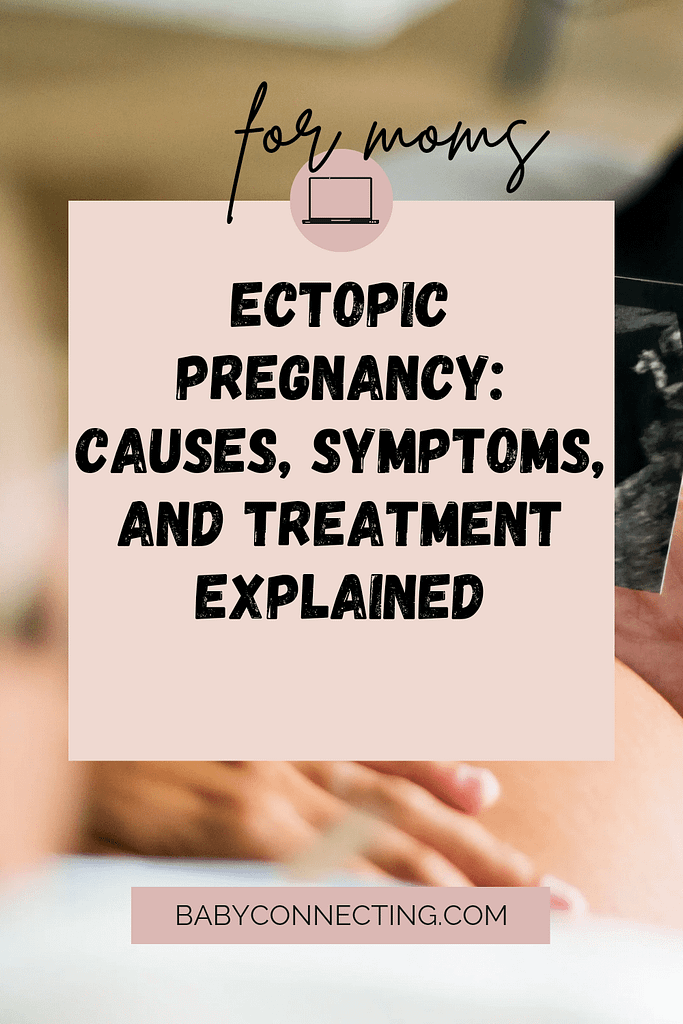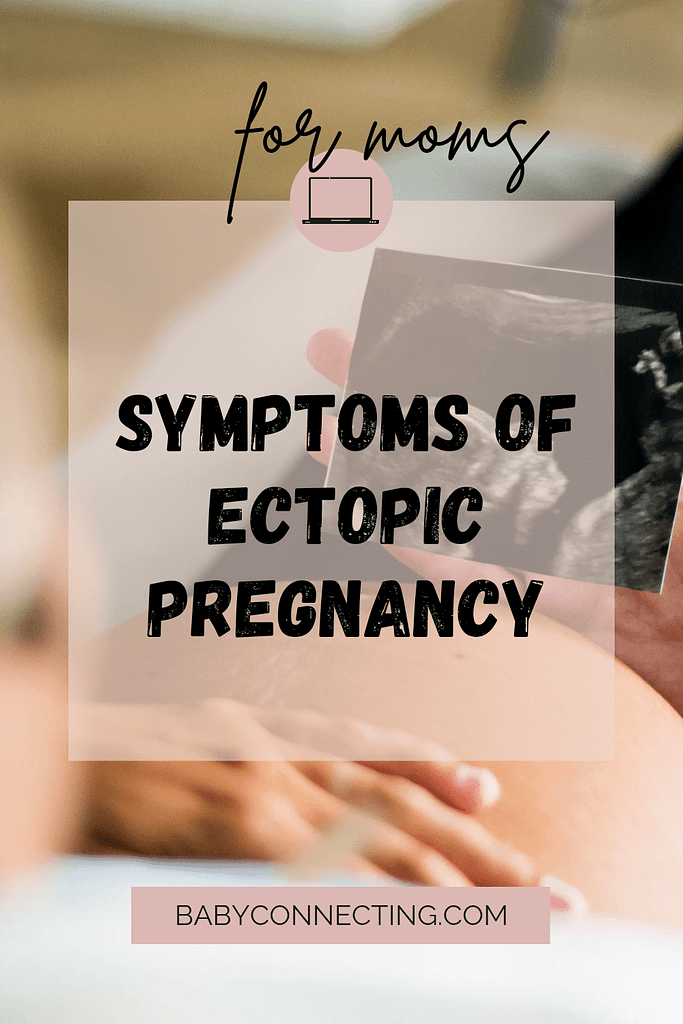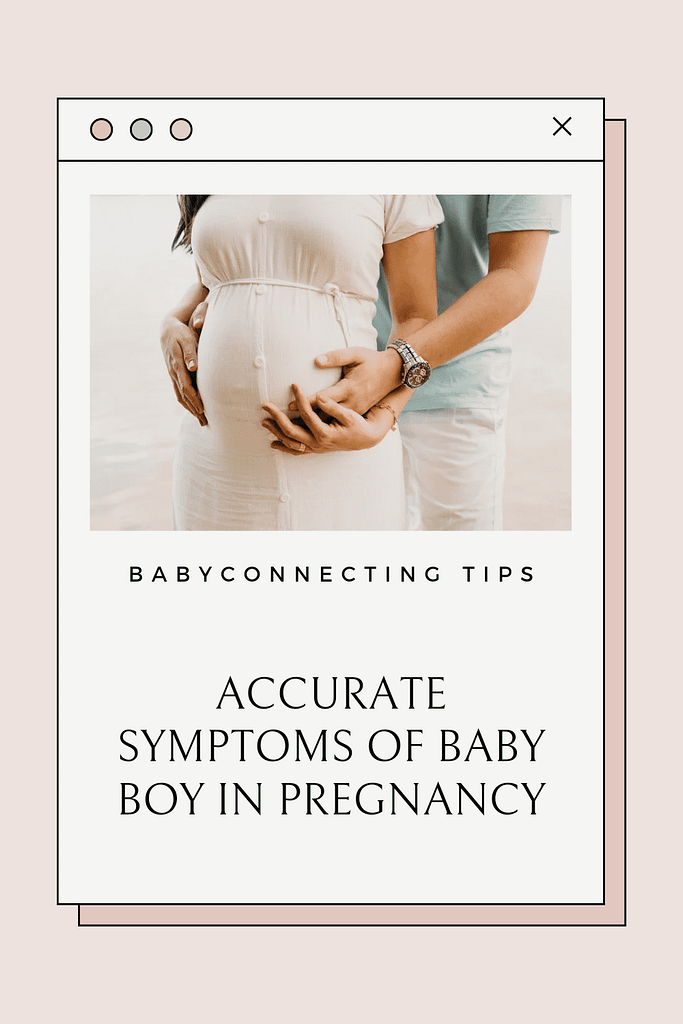
Ectopic pregnancy is a condition where a fertilized egg implants itself outside the uterus, most commonly in the fallopian tubes. While rare, it’s essential to grasp the causes, symptoms, and treatment options for this potentially serious condition.
Understanding the Causes

Several factors contribute to ectopic pregnancy:
1. **Fallopian Tube Issues:**
Scarring or inflammation in the fallopian tubes, often from conditions like pelvic inflammatory disease (PID), can obstruct the egg’s path to the uterus.
2. **Hormonal Imbalances:**
Imbalances in reproductive hormones may disrupt the egg’s journey, increasing the risk of ectopic pregnancy.

3. **Contraception Methods:**
Certain birth control methods, like IUDs or specific types of pills, may heighten the likelihood of ectopic pregnancy if conception occurs.
4. **Past Ectopic Pregnancy:**
Women who have previously experienced an ectopic pregnancy are at a higher risk of recurrence.
Recognizing Symptoms

Symptoms of ectopic pregnancy vary, but commonly include:
1. **Abdominal Pain:**
Sharp, one-sided abdominal or pelvic pain is a primary indicator.
2. **Vaginal Bleeding:**
Light bleeding distinct from a regular period might occur.
3. **Shoulder Pain:**
Internal bleeding can cause shoulder discomfort due to irritation of the diaphragm.
4. **Weakness and Dizziness:**
Blood pressure drop from internal bleeding may lead to weakness or fainting.
Seeking Prompt Medical Attention
Prompt medical evaluation is crucial upon experiencing symptoms. Diagnosis typically involves pelvic exams, ultrasounds, and blood tests to confirm ectopic pregnancy.
 Treatment Approaches

Treatment options depend on various factors:
1. **Medication:**
Methotrexate, a drug halting cell growth, may be prescribed to dissolve the ectopic tissue.
2. **Surgery:**
Laparoscopic or open surgery may be necessary to remove the ectopic pregnancy, preserving the fallopian tube when possible.
3. **Watchful Waiting:**
Close monitoring may suffice for small, early ectopic pregnancies without immediate intervention.

 Emotional Support
Dealing with ectopic pregnancy emotionally can be challenging. Seeking support from loved ones, counseling, or support groups can provide comfort and guidance.
Conclusion
Ectopic pregnancy is a serious condition requiring timely medical attention. Understanding its causes, recognizing symptoms, and seeking appropriate treatment are crucial steps toward optimal health outcomes. Remember, early detection and emotional support play pivotal roles in managing ectopic pregnancy effectively.


